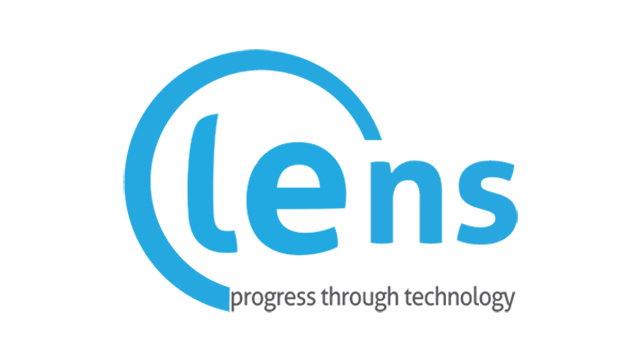To be young has always been construed as having the opportunity and, more importantly, the time to become what one wishes to. Unfortunately youth in Kosovo are facing difficulties in regard of the labour market possibilities. Youth and other groups that are in the risk of marginalization, present a very large number in Kosovo and this problem is considered to be a very serious challenge within state development.
Employers are now seeking applicants that produce, write and read and especially with good managerial skills. On the other hand youth and other groups at risk of marginalization are underprepared, with low level of skills compared with the ones required in a real job. Such demands are beyond the technical skills offered at our educational facilities. All this leads towards inconsistency between the market demands and education system. Youth and other groups at risk of marginalization, as a consequence of long term unemployment, now are being exposed into human capital devaluation. This occurrence is very concerning having in mind the fact that these groups of society due to the insufficient incomes and low education continuity create chain problems such as automatically becoming burden for the government as well as containing the risk of passing the very problem to other generations as well.
Our research titled “The Cost of Free money”, is about the initiatives of some organizations aiming to provide job possibilities for vulnerable job seekers. The research brings into attention also the discussion about the long term impact of these initiatives, taking into account that in 2015 there were more unemployed people registered rather than in the previous years. The research also analyses the grants given for start-up businesses. It is worth mentioning that most of the start-ups who benefited from the programs are operating with very profit while others extinguished their activity completely.
In the end the report “The Cost of free money’ presents social enterprises as an alternative towards community improvements, considering their focus on providing employment possibilities, especially for people at risk of marginalization. The report also presents two good examples of social enterprises in Kosovo, which in the absence of the legal definition for social enterprises still operate as profitable businesses. However these social enterprises have shown a great success accomplishing their duty and are still operating in the labour market. These social enterprises are proving one more time the importance and the need for social enterprises in the society.
